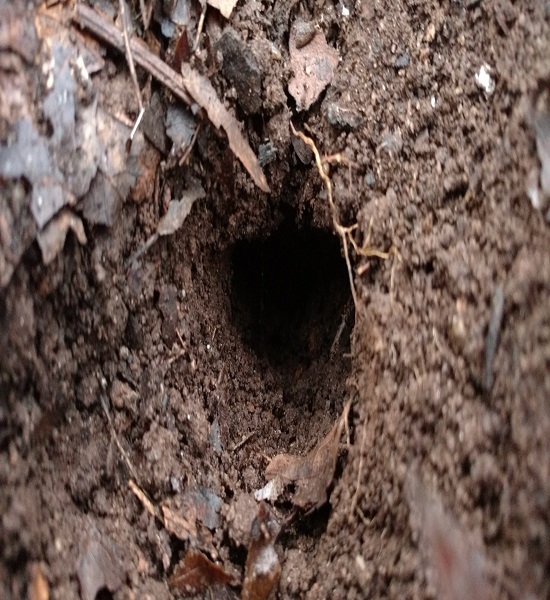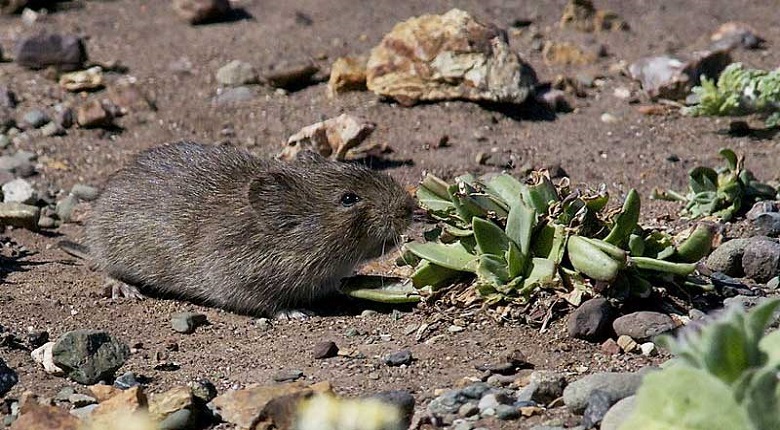Voles are hard to spot because of their small size and the fact that they spend much of their time underground. A vole’s damage to your yard and garden can be extensive despite its small size (only 5–7 inches long).
Voles, along with moles, shrews, and mice, are a difficult pest problem that gardeners and homeowners may face. It can be tough to recognize voles from mice; they seem identical. Field mice and meadow mice are other names for voles.
Voles are difficult pests to get rid of, so it’s better to prevent problems from occurring in the first place. I’ll give you a few ideas on how to proceed.
Making Your Yard Vole-Unfriendly
If you want to keep voles away from your yard and garden, the first thing you should do is to make the area as uninviting as possible for them. Advice is as follows:
Keep the grass short, the weeds at bay, and the brush pruned. Voles favor thick, lush vegetation because it conceals them from potential threats.
Don’t forget to get rid of any woodpiles or other hiding spots voles might use near your garden and trees.
Keep the grass cut and the bushes pruned on a regular basis. Never provide a hiding spot for voles.
Remove snow from around the trunks of trees and shrubs, and cover the lower trunk of young trees with a protective barrier. Voles are notorious tree pests, especially when it comes to young, vulnerable trees.
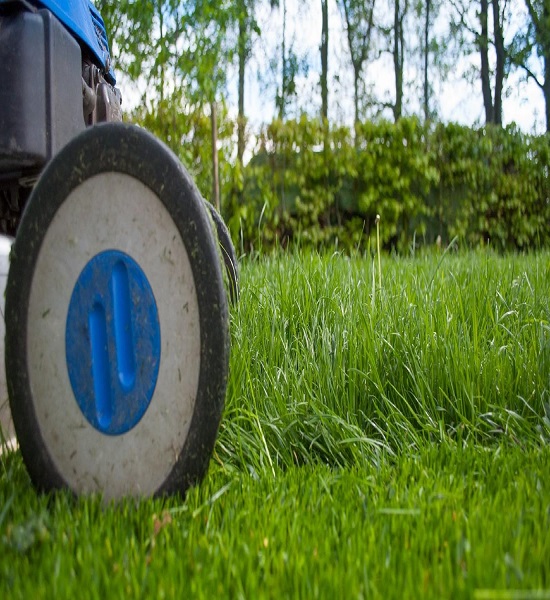
Use a Repellent
Insect repellents are not always effective, and they need to be reapplied frequently, especially when it rains. Voles are most commonly eaten by foxes and coyotes, both of which have urine that may be purchased. Voles are usually repelled when this kind of urine is used.
Insect repellents made with castor oil are effective and can reach deep underground. They alter the smell and taste of plants such that voles no longer find them appetizing. Castor oil is favored since it is natural and biodegradable.
Ready-to-Spray Liquid
It is possible to purchase a liquid that is a concentrated castor oil solution and use it in conjunction with water from your hose. If voles are wreaking havoc on your garden or lawn, this method is highly effective.
Granules
Castor-oil impregnated granules are an alternative. They can be broadcast over the afflicted area. Always remember to add water to the granules before using them.
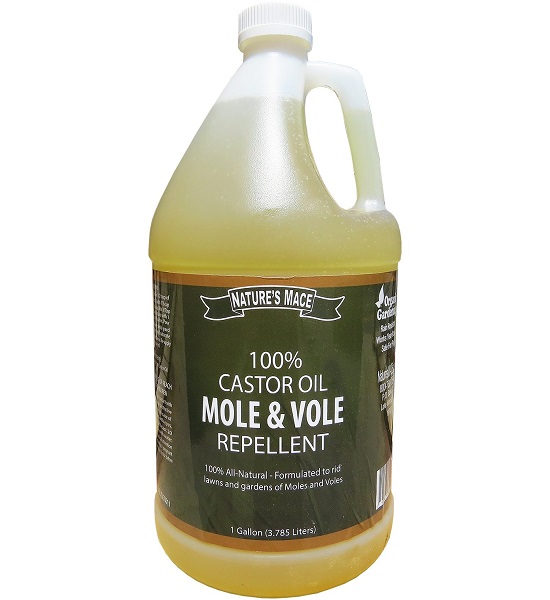
Sonic Repellents
There are many fans of sonic deterrents. These solar-powered yard pegs can be strategically placed anywhere. The acoustic pulses and vibrations they emit scare away rats.
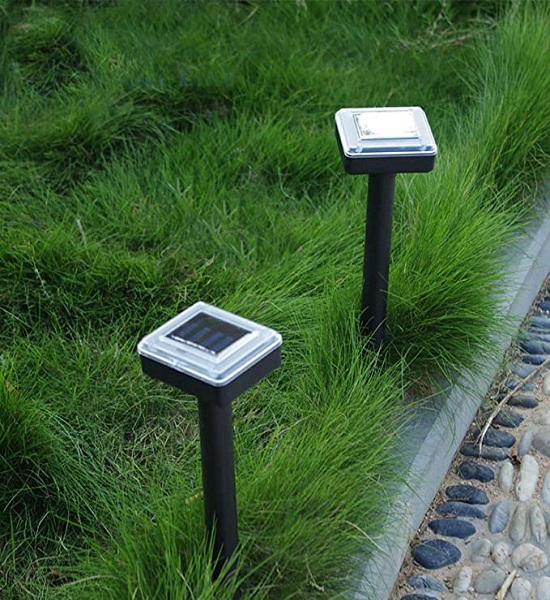
Put Gravel in the Planting Holes
Add some gravel to the planting holes around the bulbs to deter voles from digging them up and consuming them. Avoiding being nibbled on by voles is made easier with this aid.
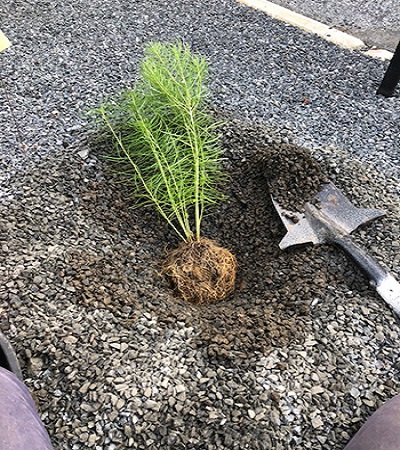
Take Care of the Young Trees
Voles love young trees, but a mesh tree guard in a bright color can prevent them from nibbling. During the winter, the guard needs to be able to stand above the snow without stooping.
The tree guard’s base must be anchored to the ground or ridged to prevent roots from growing up through it.
The guard must not be too tight, though, as it may stunt the tree’s development.
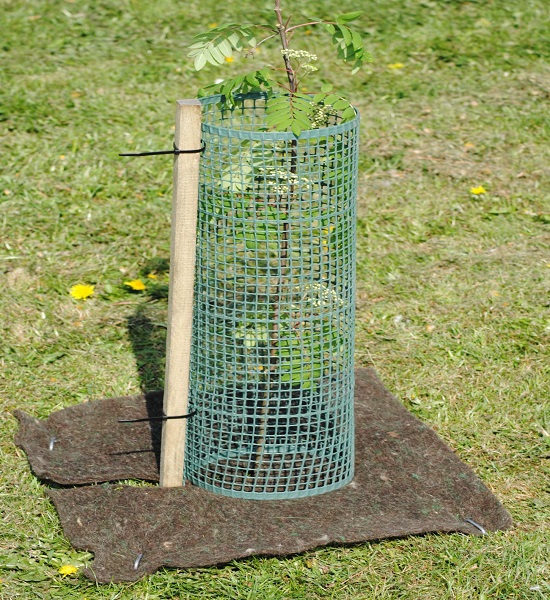
Take Your Cat Outside
Getting an outdoor cat or two can be a great method to reduce the number of mice and other pests on your property. Voles have a natural enemy in cats, thus the rodents avoid areas where cats live. Dogs can be used instead, albeit not all of them will like the hunt.

Create a fence around your vegetable garden
Putting a stop to voles is essential if they are using your vegetable garden as a never-ending buffet. Fencing is effective because voles are poor climbers. The problem is that regular fencing techniques won’t be effective.
The fence posts should be set into the ground between 6 and 10 inches deep. That will prevent the voles from digging under your garden’s borders. The fence’s base should be at least 12 inches off the ground. This isn’t a conventional fence by any stretch of the imagination, but it does a good job of keeping out mice and voles.
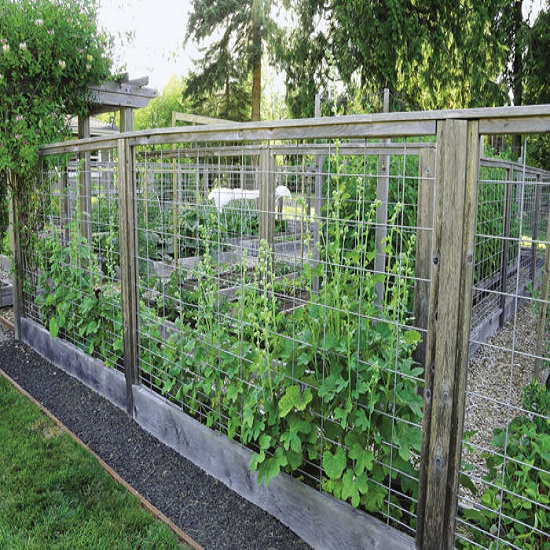
Set Traps
Set traps near the ground near bushes and trees. Set your baits between the hours of midday and early evening, when vole activity tends to peak. Utilize peanut butter as bait for the traps. The traps can be reset as often as necessary to eliminate the vole population.
Perseverance is the key to success here. It’s possible you’ll need to conceal the traps if you care about the safety of your kids or pets.
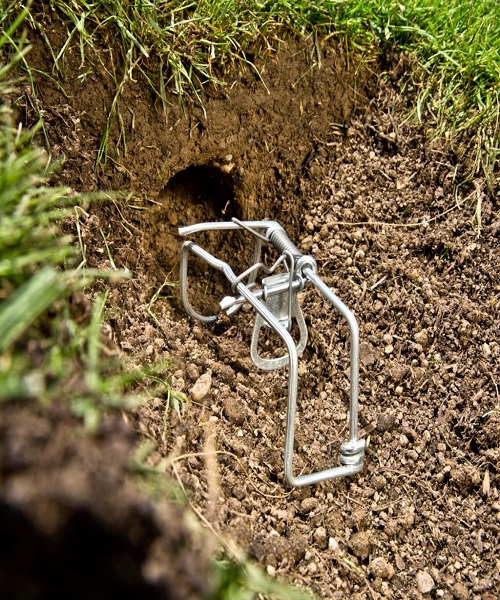
Put Irritants in Vole Burrows
Finding their tunnels and sprinkling irritants inside of them is an easy approach to repel voles. Fill a spray bottle with a mixture of the irritant and water or soapy water. Any time it rains, you should reapply.
The following are some possible deterrents:
- Cayenne Powder
- Garlic Powder
- Onion Powder
- Castor Oil
- Nitrogen Fertilizer
- Moth Balls
- Ammonia
